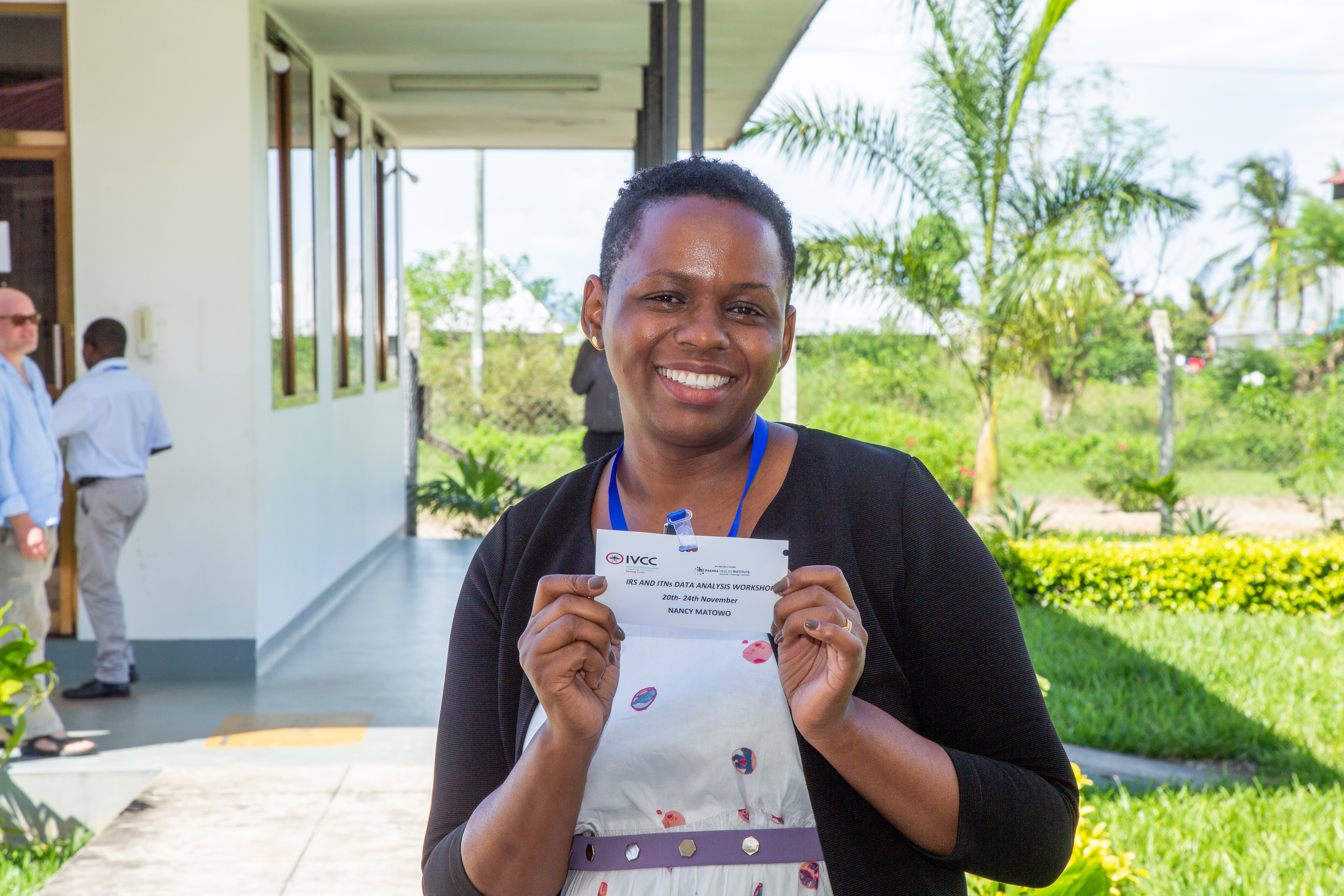
CLOSED: Workshop on WHO guidelines for vector control products

In partnership with the Innovative Vector Control Consortium, the Ifakara Health Institute has successfully completed a 5-day workshop in Bagamoyo, Tanzania. The workshop was designed to acquaint participants with the World Health Organization's (WHO) guidelines concerning Insecticide Treated Nets (ITN) and Indoor Residual Spray (IRS).
The program places significant emphasis on hands-on data analysis, aiming to enhance the development of more effective vector control products.
The diverse group of 25 participants comes from Mozambique, Benin, Cameroon, Côte d’Ivoire, Tanzania, Malawi, Southern Africa, and the United Kingdom, collectively contributing to the global effort against vector-borne diseases.
What is IVCC
IVCC is the only Product Development Partnership (PDP) working in vector control, established in 2005, through an initial $50million grant to the Liverpool School of Tropical Medicine (LSTM) from the Bill & Melinda Gates Foundation, and is a registered charity in the UK.
They bring together partners from industry, the public sector and academia to create new solutions to prevent disease transmission. By focusing resources and targeting practical scientific solutions we accelerate the process from innovation to impact.
Learn more about IVCC here
Facilitators
Led by Dr. Sarah Moore, Head of the Ifakara’s Vector Control Product Testing Unit (VCPTU), the facilitators include Ummi Kibondo, an adept statistician with an MSc. in Epidemiology, and Olukayode Odufuwa, an Ifakara epidemiologist.
Other experts are Dr. John Bradley, a statistician from the London School of Hygiene and Tropical Medicine; Dr. Geraldine Foster, a vector biologist from the WHO Prequalification Team for Vector Control Tools; Dr. Frank Mechan, based at the Liverpool School of Tropical Medicine; and Dr. Graham Small, Senior Technical Manager at the Innovative Vector Control Consortium (IVCC).
Impact
Nancy Matowo, a participant from the London School of Hygiene and Tropical Medicine at the National Institute for Medical Research (NIMR) in Mwanza, Tanzania, shared, "This workshop taught me how to design studies meeting WHO standards, aiming for 'prequalification' and inclusion on the public health recommendation list, these are things I did not know before. I've gained new insights and connected with global experts."
As the session concludes, participants like Neema are now equipped to bring about meaningful change in the communities they work in. With the ability to better design studies, they can contribute to more effective strategies for controlling vectors, tailored to the unique needs of their specific communities.
Understanding WHO evaluations opens the door to introducing high-quality vector control products, promising a substantial reduction in the burden of vector-borne diseases.
